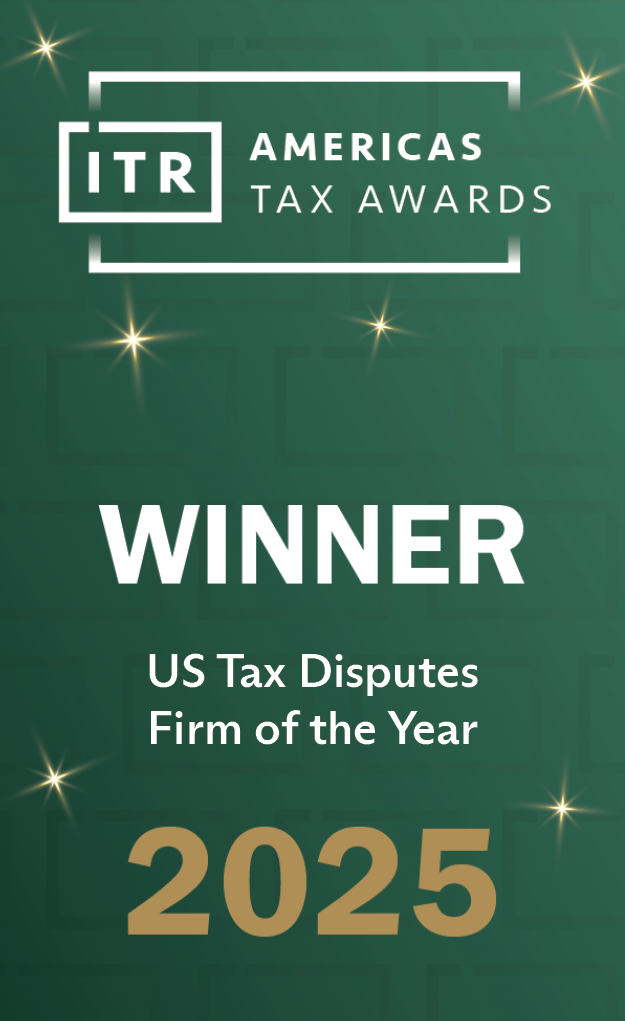The Internal Revenue Service (IRS) has broad authority under Internal Revenue Code (IRC) Section 7602 to issue administrative summonses to taxpayers and third parties to gather information to ascertain the correctness of any return. If the IRS does not know the identity of the parties whose records are covered by the summons, the IRS may issue a “John Doe” summons only upon receipt of a court order. The court will issue the order if the IRS has satisfied the three criteria provided in IRC Section 7609(f):
- The summons relates to the investigation of a particular person or ascertainable group or class of persons,
- There is a reasonable basis for believing that such person or group or class of persons may fail or may have failed to comply with any provision of any internal revenue law, and
- The information sought to be obtained from the examination of the records (and the identity of the person or persons with respect to whose liability the summons is issued) is not readily available from other sources.
A John Doe summons is not self-enforcing if the summoned party refuses to comply. In that circumstance, the IRS must go to court for an enforcement order. To obtain enforcement the government has to establish that the summons was issued in the good faith pursuit of the purposes authorized by Congress. The government typically makes its good-faith showing by providing a declaration from the IRS personnel working on the matter. A party objecting to the enforcement must overcome this showing by establishing bad faith or an abuse of process in the issuance of the summons or that the summoned records are protected by a privilege, such as the attorney-client privilege or work product protection.
In United States v. Coinbase, Inc., Case No. 17-cv-01431 (ND CA 2017), the IRS had obtained a prior court order permitting it to serve a John Doe summons to Coinbase, Inc. (Coinbase). Coinbase refused to comply with the summons and the government brought an enforcement case in federal district court.
Coinbase is an exchange that deals in convertible virtual currency, operating a bitcoin wallet and exchange business. The purpose of the John Doe summons was to permit the IRS to determine whether Coinbase customers were properly reporting gains from the sale or exchange of their virtual currency. See Notice 2014-21.
The issue before the court was whether an anonymous Coinbase customer (John Doe 4) could intervene in the enforcement action. The Federal Rules of Civil Procedure provide for two types of intervention: as-of-right intervention and permissive intervention. In Coinbase, the court held that John Doe 4 was permitted to intervene both as-of-right and permissively.
John Doe 4 was entitled to intervene as-of-right because each of the three statutory requirements was met. First, John Doe 4 had a property or transaction interest in the summons enforcement action because John Doe 4 had made a sufficient showing that the overbreadth of the summons amounted to an abuse of process and the IRS had no explanation as to how it can legitimately use the millions of records on the hundreds of thousands of users sought by the summons, including complete user profiles, user payment methods, records of Coinbase’s due diligence on their customers, powers of attorney, and complete user security settings and history (including confirmed devices and account activity). The court also rejected the government’s claim that the fact that the court had issued an order allowing the issuance of the John Doe summons means that John Doe 4 does not have a protectable interest in the enforcement proceeding. Second, the court found that the interests of John Doe 4 would be impaired by the disposition of the action because the IRS will possess its personal information and other transaction history on the Coinbase platform. Third, the court held that the interests of John Doe 4 were not adequately represented by Coinbase. Coinbase has a financial interest to insure that the IRS investigation does not negatively impact its financial profits or its valuation, whereas John Doe 4 has a personal interest in the very documents the IRS seeks.
Alternatively, the court held found that John Doe 4 satisfied the three requirements for permissive intervention: (1) it shares a common question of law or fact with the main action; (2) its motion is timely; and (3) the court has independent jurisdiction over the applicant’s claim.
Practice Point: Since the IRS uses a John Doe summons to learn the identity of persons who may have underreported income, a person who wants to intervene must do so by filing a motion to intervene on an anonymous basis. If the person reveals his/her name in the motion to intervene we would expect the IRS to withdraw its request for the summoned party (here Coinbase) to provide records that pertain to the named person because the IRS now knows the person’s name and can open an examination.







